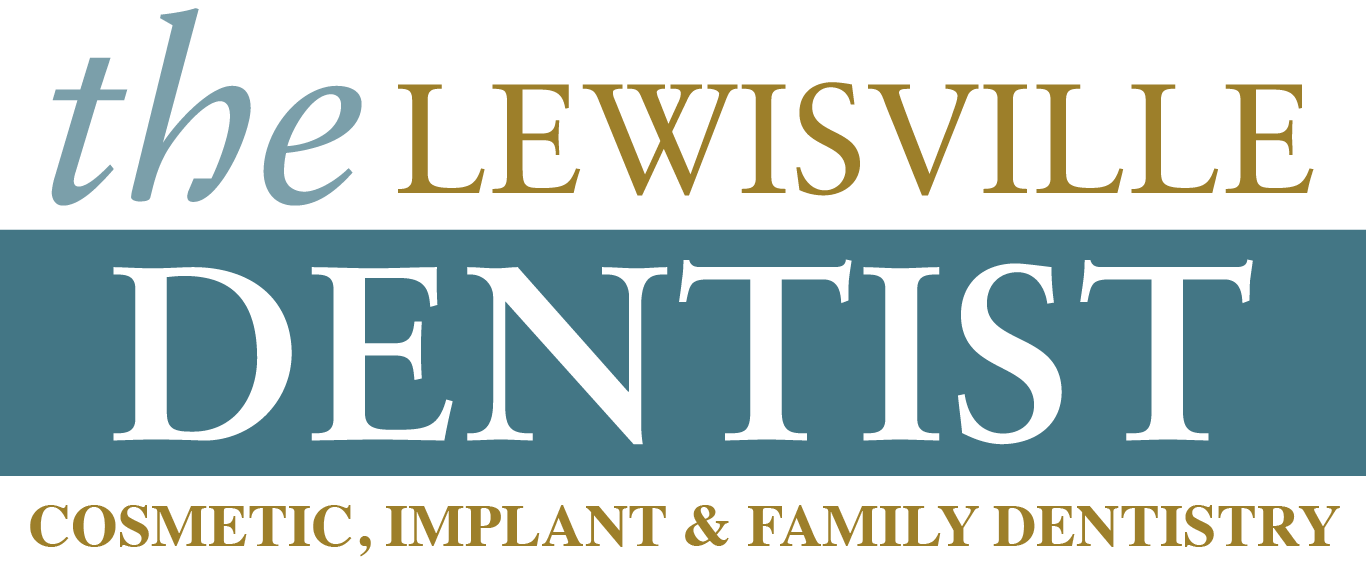
Gum disease might not be on your mind, but it should be. It’s a sneaky culprit that can wreak havoc on your overall health if left untreated. But don’t worry; the Lewisville Dentist is here to help. In this blog post, we’ll explore the dangers of untreated gum disease and how your dentist can play a crucial role in ensuring your oral—and overall—well-being.
Understanding Gum Disease
What is Gum Disease?
Gum disease, also known as periodontal disease, is an infection of the tissues that hold your teeth in place. It’s primarily caused by poor brushing and flossing habits that allow plaque—a sticky film of bacteria—to build up on the teeth and harden.
The Stages of Gum Disease
There are two main stages of gum disease:
- Gingivitis: The mildest form, causing red, swollen gums that may bleed easily.
- Periodontitis: The more severe form, which can lead to the loss of tissue and bone that support the teeth.
Why Gum Disease Often Goes Unnoticed
Gum disease is often painless in its early stages, which means you might not even realize you have it. Regular dental check-ups are essential for catching it early.
The Hidden Dangers of Untreated Gum Disease
Tooth Loss
One of the most immediate dangers of untreated gum disease is tooth loss. When left untreated, the infection can destroy the bone that supports your teeth, leading to tooth loss.
Heart Disease
Studies have shown a connection between gum disease and heart disease. The bacteria from your mouth can travel through your bloodstream, potentially leading to heart issues.
Diabetes Complications
If you have diabetes, untreated gum disease can make it harder to control your blood sugar levels, exacerbating your condition.
Recognizing the Symptoms
Bleeding Gums
Bleeding gums are often the first sign of gum disease. If you notice bleeding during brushing or flossing, it’s time to see your dentist.
Persistent Bad Breath
Bad breath that doesn’t go away with brushing could be a sign of gum disease.
Loose Teeth
If your teeth feel loose, it could be due to the bone loss associated with advanced gum disease.
How Your Dentist Can Help
Regular Check-ups
Regular dental visits are crucial for maintaining good oral health. Your dentist can spot the early signs of gum disease and take preventive measures.
Professional Cleanings
Your dentist can perform deep cleanings to remove plaque and tartar that regular brushing can’t reach.
Treatment Plans
If you have gum disease, your dentist can create a personalized treatment plan to manage and reverse it.
Preventing Gum Disease at Home
Brush and Floss Daily
Good oral hygiene starts with brushing twice a day and flossing daily. This helps remove the plaque that causes gum disease.
Use Mouthwash
Using an antimicrobial mouthwash can help reduce plaque and prevent gum disease.
Maintain a Healthy Diet
Eating a balanced diet rich in vitamins and minerals can help keep your gums healthy.
The Importance of Early Detection
Quick Action
The earlier gum disease is detected, the easier it is to treat. Early detection can prevent the progression to more severe stages.
Cost-Effective
Treating gum disease in its early stages is often less costly than addressing more advanced stages, which may require surgery.
Better Outcomes
Early treatment leads to better long-term outcomes for your oral health and overall well-being.
The Role of Technology in Treating Gum Disease
Laser Therapy
Many dentists now use laser therapy to treat gum disease. This technology can target and remove infected tissue with minimal discomfort.
Digital X-Rays
Digital X-rays allow for a more accurate diagnosis of gum disease, helping your dentist create a more effective treatment plan.
Antibiotic Therapy
In some cases, your dentist may prescribe antibiotics to help control the infection.
Common Myths About Gum Disease
Myth 1: Gum Disease Only Affects Your Mouth
False. Gum disease can affect your entire body, leading to serious health issues like heart disease and diabetes.
Myth 2: Bleeding Gums Are Normal
Wrong. Bleeding gums are a sign of gum disease and should not be ignored.
Myth 3: Gum Disease Is Only a Concern for Older Adults
Incorrect. Gum disease can affect anyone, regardless of age.
Real-Life Stories of Gum Disease Recovery
Case Study 1: John’s Journey
John ignored his bleeding gums for years. After a wake-up call from his dentist, he underwent treatment and successfully reversed his gum disease.
Case Study 2: Emily’s Experience
Emily was shocked to learn she had advanced gum disease. With the help of her dentist, she underwent laser therapy and now enjoys a healthy smile.
Case Study 3: Robert’s Realization
Robert thought his bad breath was just a nuisance. A visit to the dentist revealed gum disease, which he treated successfully with a personalized plan.
Your Next Steps
Schedule a Dental Check-Up
If it’s been a while since your last dental visit, now is the time to schedule one. Early detection is key to preventing and treating gum disease.
Adopt a Good Oral Hygiene Routine
Start brushing and flossing regularly to keep your gums healthy.
Stay Informed
Educate yourself about the risks and signs of gum disease to stay ahead of potential issues.
Conclusion
Gum disease is a serious condition that can have far-reaching effects on your overall health. But with regular dental check-ups and good oral hygiene, it’s entirely preventable. Don’t wait until it’s too late. Take action today to protect your smile and your health.
For more information or to book an appointment, visit our website. Your health is worth it.
Contact The Lewisville Dentist for more treatment information:
469-708-4713
Location (Tap to open in Google Maps):
297 W FM 3040 Ste 127
Lewisville, Texas
75067

